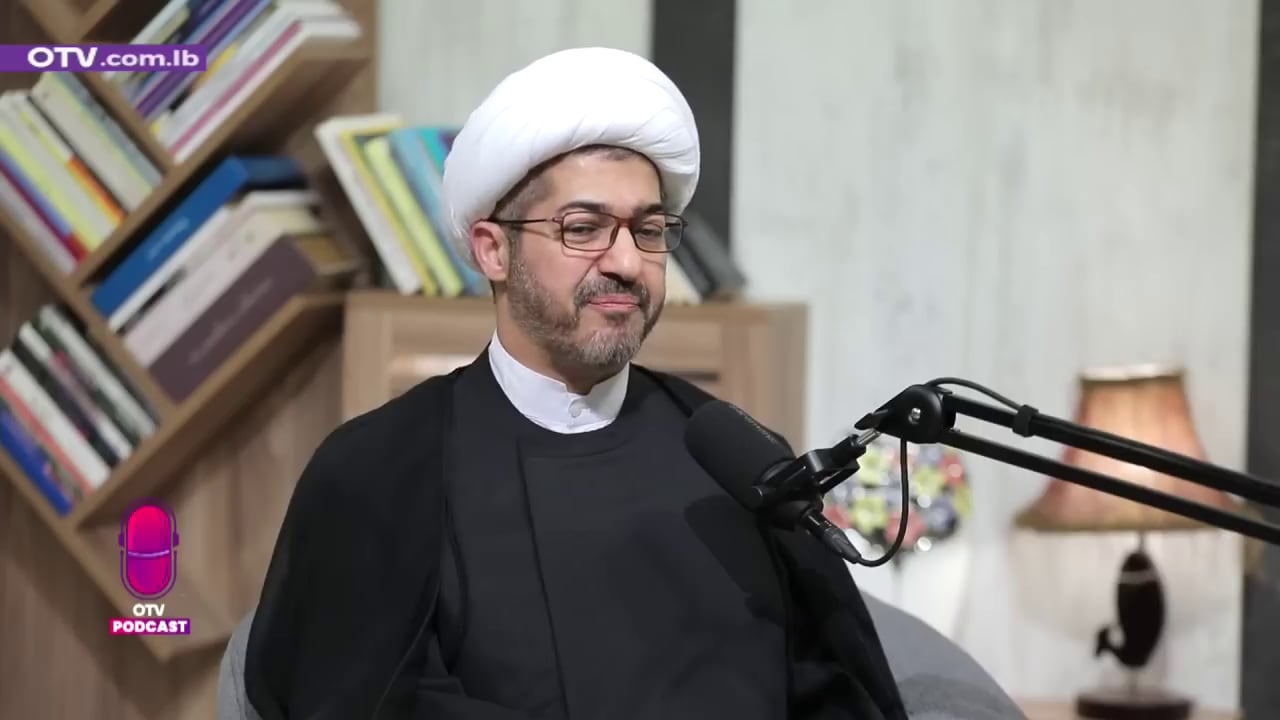
Lebanese Political Scientist and Maronite priest Monsignor Camille Moubarak said in a November 22, 2020 interview on OTV (Lebanon) that a federal system should be established in Lebanon. He said that this system should be split into twelve federations – six for the Muslims and six for the Christians – and that the federal capital should be in Beirut. Mubarak said that people would be able to choose which district they would want to live in and would simply have to respect the laws of that district. In addition, he said that such a federal regime would be different from a confederacy in that it would not establish borders between the districts, a step which he said would encourage ambitions of independence. For more about Monsignor Camille Moubarak, see MEMRI TV clip No. 2634.
Monsignor Camille Moubarak: "Lebanese society does not have the shared notions necessary for a state. Every group needs to have its own notions, and these should be respected. If you agree that Lebanese society has many cultures, and many different ways of understanding the country, and that it has fundamental anthropological differences between its constituent groups, you need to rethink the governance system we have had since 1943. This system, which they called 'consensus democracy,' the sectarian system, the quota system, or whatever – we need to look into it again. I call for the re-examination of this regime on the basis of new concepts that would respect pluralism and unique characteristics.
[...]
"I am referring to a federal regime. I do not want to call it a confederacy, because that's a bit hard for the people. Maybe they don't understand the differences between federation and confederation."
Interviewer: "So please explain."
Moubarak: "A federal regime respects the country's unity, from north to south, from the Beqaa Valley to the sea."
Interviewer: "Geographical unity."
Moubarak: "Correct. It respects political unity, the state's foreign policy, and the country's financial unity and military unity. This is a federal regime. What is the difference? When you split [a state] into districts, it is called a federation. Some people call this a partition but it is not, because we can have twelve different federations in Lebanon. Twelve! The problem is that Lebanon's sectarian makeup is stronger than its ideological-secular makeup.
"We can divide the country into 12 sect-based federations. Count with me: Two for the Sunnis, two for the Shiites, and two for the Druze. That’s for the Muslims. Then, two for the Maronites, two for the Orthodox Christians, and two for the Catholics. This would make 12 federations divided across the map of Lebanon. Every federation would totally respect the rights of the minorities in it, in accordance with the law, the parliament, and the government.
"The federal capital would be Greater Beirut, where members of every sect live. The central government would sit in Greater Beirut. The appeals courts would be in Greater Beirut. Everything else would work out on its own.
"If you want to implement shari'a law, you can do that in your federation. Nobody would stop you. And if I want to live in your federation, I would live according to [your] system. There would be no problem for you to live in my [federation], or for me to live in yours. No problem whatsoever. I would just have to live according to the accepted system in each federation. In contrast, a confederacy would establish borders between the districts, and would very quickly encourage ambitions of independence. In a federation, there are no ambitions of independence. Not at all. You want to remain a part of the country. In a confederacy, you can say: 'I do not want to live with you in a confederacy. I want autonomy, May Allah be with you.'"













